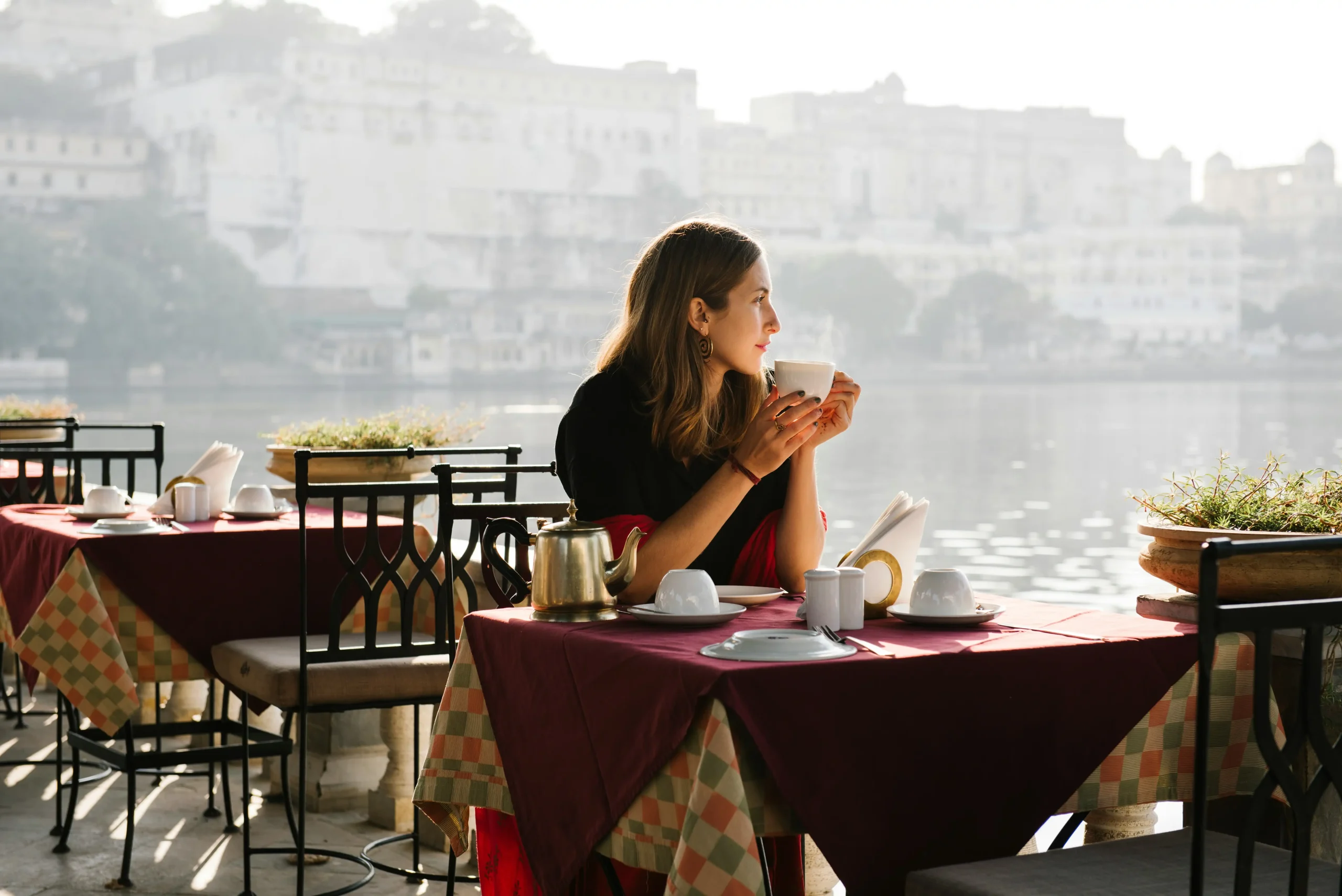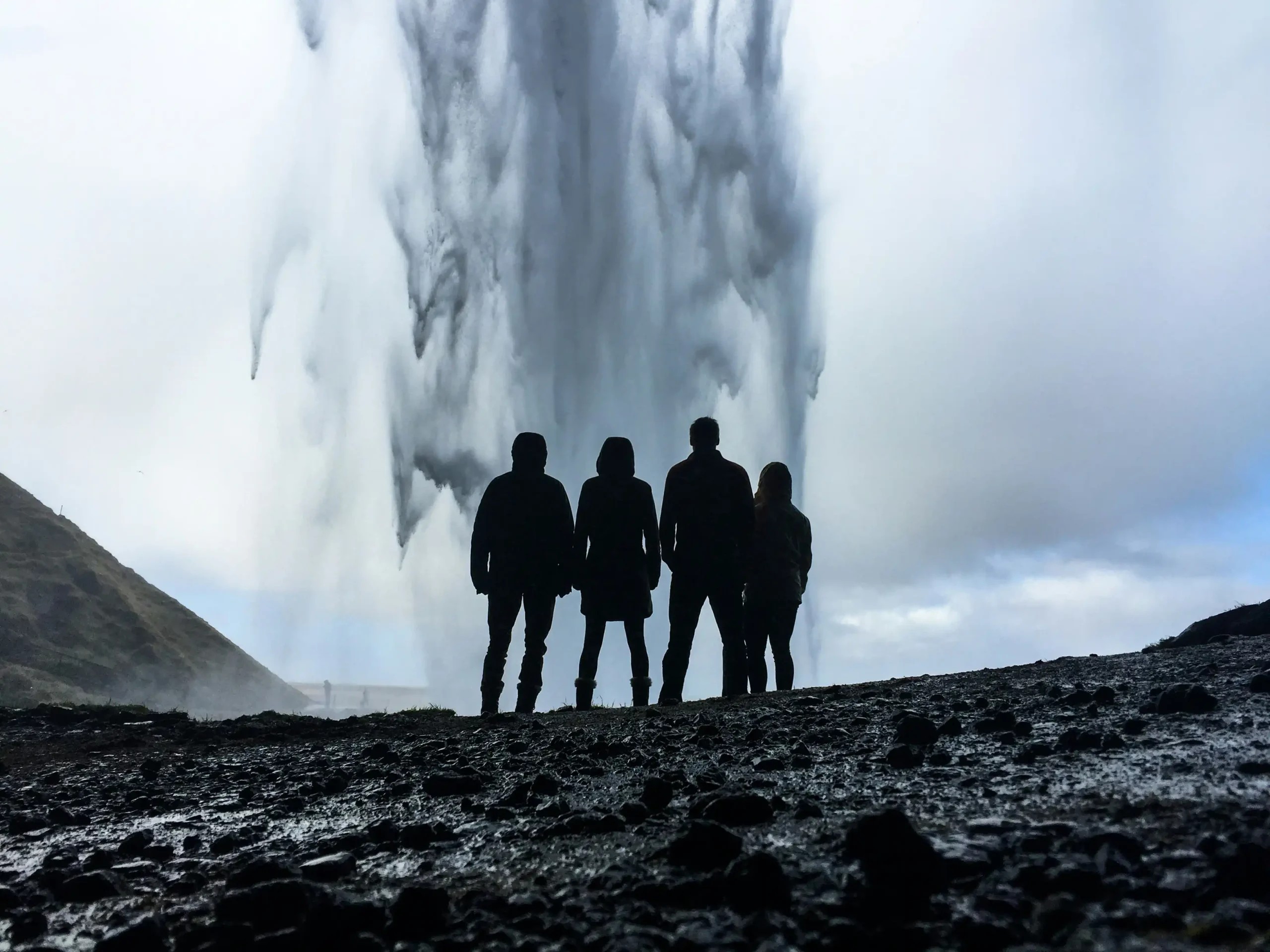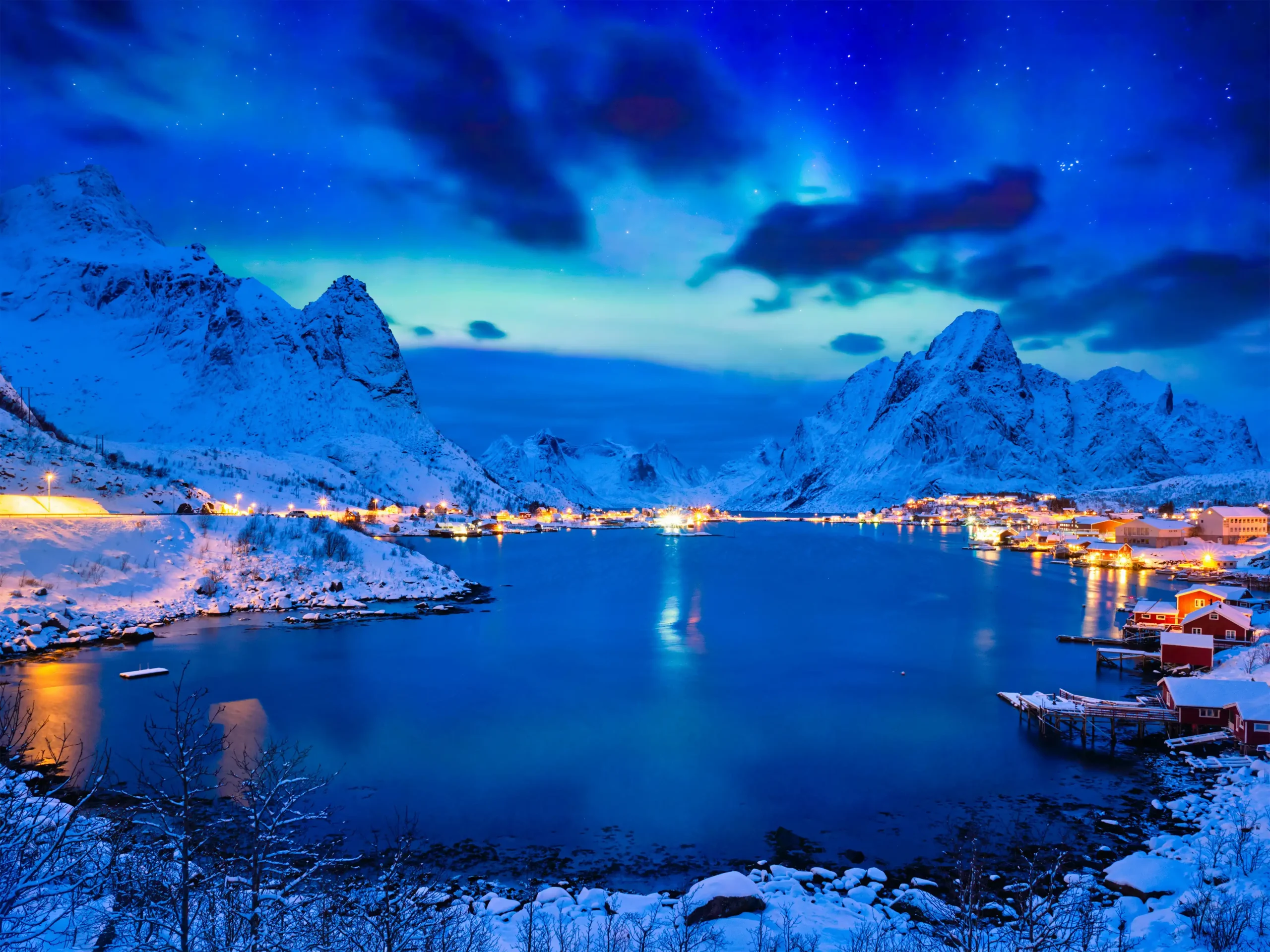The Japanese are a society with one of the highest life expectancies in the world. Many people wonder what the secret to their longevity is. Researchers seeking an answer to this question decided to look at the lifestyles of residents of the Land of the Cherry Blossom. They focused on diet, exercise, as well as work and living conditions. To what factor do the Japanese owe this high score? How different is their lifestyle from ours? Many believe that Ikigai is one of the secrets of centenarians.
Table of Contents:
What is Ikigai?
Ikigai is a term for pleasure and the essence of life. The word is divided into two parts. “Iki” means to live, and “gai” means reason. The simplest explanation of the word is the reason for living. Ikigai is considered a motivation for daily functioning. It can be an activity, thing or value that makes us feel like getting out of bed. It is said that we find our Ikigai when we lose ourselves in the moment by surrendering to a beloved passion or talking to a loved one. Through this Japanese philosophy, we can discover the meaning of life.
Read also: Van Gogh – Japan

Ikigai diagram by Marc Winn
The simplest way to understand the essence of Ikigai is the graphic drawn by Marc Winn. The diagram shows how to find your motivation in a simple way.
The diagram is an aid to finding Ikigai-it is important to take into account the work, how important it is in our lives and whether it makes us feel fulfilled. It’s worth having a hobby that makes us happy and gives us energy to do things. In addition, we should have a vocation to guide us so that through our small changes, the world becomes a better place. It’s worth examining this graphic and trying to define your own Ikigai.

According to the Japanese, each of us has Ikigai within us-sometimes it takes a lot of patience to find it within ourselves. So it is worthwhile to seek many passions, try new things, and see the beauty in everyday life-work, family, and the rituals that set the rhythm of our day. Japanese women pass on this wisdom to their children from an early age.
Blue zones
Blue zones are demographically designated regions with exceptionally high life expectancy. These places are:
- Okinawa, Japan
- Sardinia, Italy
- Loma Linda, California USA
- Nicoya Peninsula, Costa Rica
- Ikaria, Greece
When looking for correlations between these places, the researchers took into account several aspects such as the fact that 3 of the 5 places mentioned are islands, so climate, among other things, plays a big role. In addition, residents are characterized by high physical activity, a balanced diet, and good relationships in their community. It is believed that when we willingly give help to others and receive it in return, we can find our Ikigai in doing so.
6 ways to de-stress
Stress is a factor that adversely affects both mental and physical health. Nowadays, many people live on the run and in constant anxiety. Few of them can handle stress. For one person, the most effective method will be deep breathing or talking to a loved one, while for another it may be sports or meditation. The methods used by the Japanese are:
- Taking long baths with salt, preferably one that stimulates muscle relaxation
- Good organization of one’s time and the space in which one resides
- Exercise, stretching, focusing on the breath
- Balanced diet
- Massaging the head by applying pressure with the fingers
- Practicing meditation
Stress is considered an enemy – especially one that is long-term. Its effects are very dangerous-so it is worth finding a method of relaxation for yourself. Ikigai allows us to live a long and happy life.
Editorial recommends: Hikikomori-Japan’s disease of loneliness
Ode to longevity
Professor Roberto Abadie Soriano has dedicated his life to teaching children in Uruguay. He was a teacher and was in charge of editing textbooks and compulsory reading. When he was staying at the Sanatorio Impasa in Montevideo at the age of 92, he wrote a poem in which he included the secrets of longevity:
“Living a healthy and orderly life.
Light on the stomach
Caution with drugs
For this generously with interests
Don’t worry about anything
Play and train
Avoid anxiety
Don’t lock yourself in a room
And constantly take action.”
The piece has been hailed as the “Ode of Longevity,” as it is believed that by knowing it by heart and following the advice mentioned in it, we are able to extend our life expectancy.

The Power of Flow
Scientist Mihaly Csikszentmihalyi conducted research on the state when we are fully immersed in an activity. He referred to it by the term Flow- flow. He defined the concept this way: “It is pleasure, delight, creativity and a process during which we are completely immersed in life.” According to him, a mathematician solving an equation, an artist painting a picture and a surgeon performing an operation feel exactly the same-they lose themselves in the activity and focus all their attention on it. Being in Flow, we are able to find our Ikigai in an easier way.
The essence of life Mabui
Mabui is considered the essence of every human being as a living being. It is our spirit and the source of vitality-it makes us unique.
“Savor this day as if it were your last breath. You can only live one day at a time, and no one can be sure of waking up the next morning-so don’t put off happiness. The most beautiful moment in your life is always the one in the present.”
Spirit of mutual fellowship
In Japanese, the phrase Yumimaaru means the spirit of mutual fellowship. The community living in Japan, tries to integrate with each other and help each other-especially you can see this phenomenon in places where people work on rice plantations. In addition, it is ingrained in their culture to show their help with renovations, moving or building a house. This builds a high sense of community among the community, and by helping others, Japanese people find their Ikigai.
Strength in tradition
A feature that unites the Japanese and Poles is a high regard for the country’s traditions and history. It is important to celebrate holidays, pass on the history of the homeland to the next generation and take care of customs. The people of the Land of the Blossoming Cherry owe this to Ikigai. Spending time with family brings peace and happiness – it is worth stopping at such moments and forgetting about work or responsibilities – Ikigai is about enjoying the moment.
Workaholism vs. Ikigai
The cult of work in Japan is huge- for a career, people give up starting a family, they depend on promotion, and overtime is the order of the day. There is a belief that one should work his entire life in one company. Also characteristic of Japanese corporations is hierarchy-both of employment and of the office itself. These days, many young people are looking for their Ikigai at work. They want their profession to be not only a source of income, but also a passion- after all, it is said that if you do what you love, you won’t work a day. With this wisdom in mind, we realize that it is worth doing what brings us happiness.
Live happily ever after
Having our own Ikigai that we define ourselves gives us satisfaction, makes us happy and also makes us feel what the purpose of our life is. “Happiness is always determined by your own heart” – guided by these words, we keep in mind that by doing what we love we have the opportunity to lose ourselves in the moment, and by applying the principles of Ikigai, our lives will be long and happy.
You can read about how to find happiness in the article: https://gentlewoman.eu/przepis-na-szczescie/






